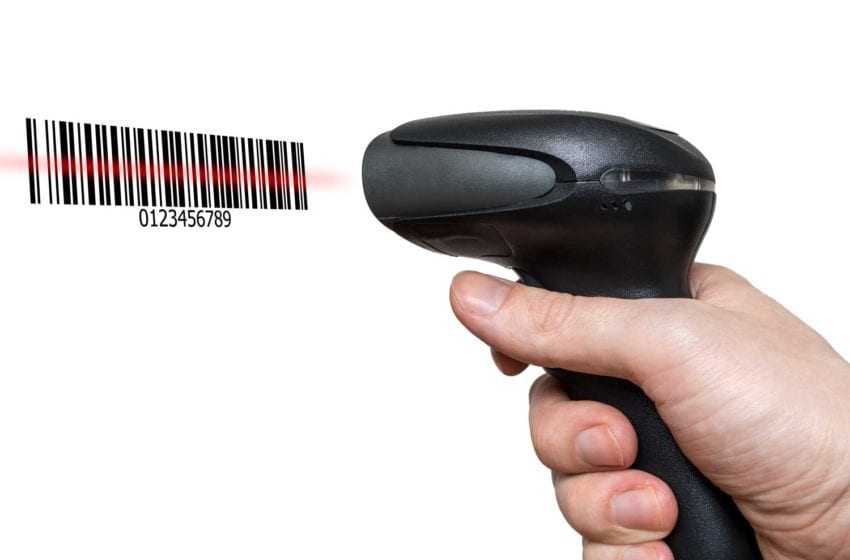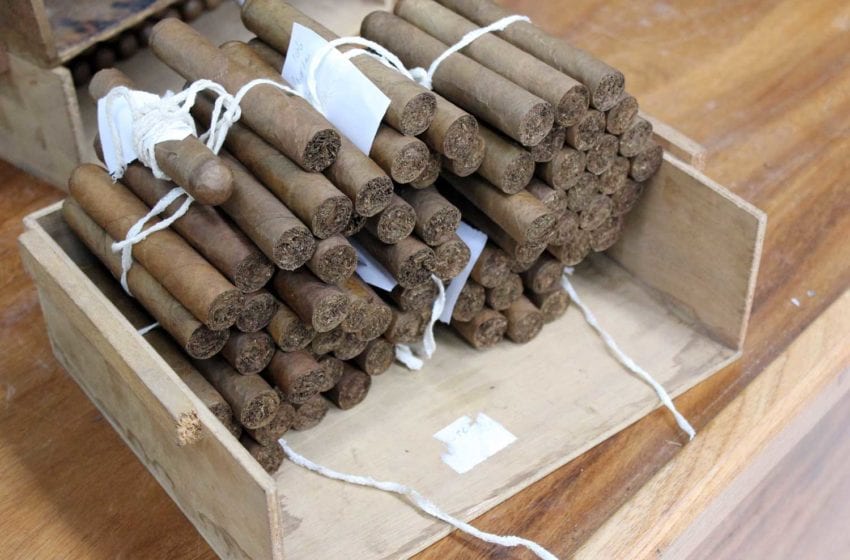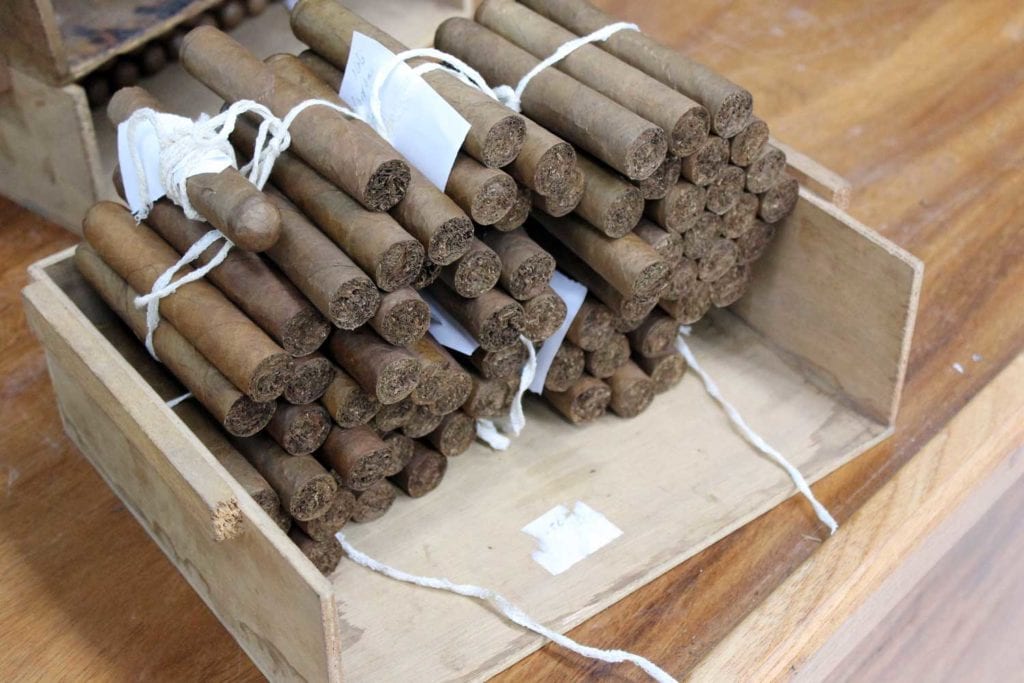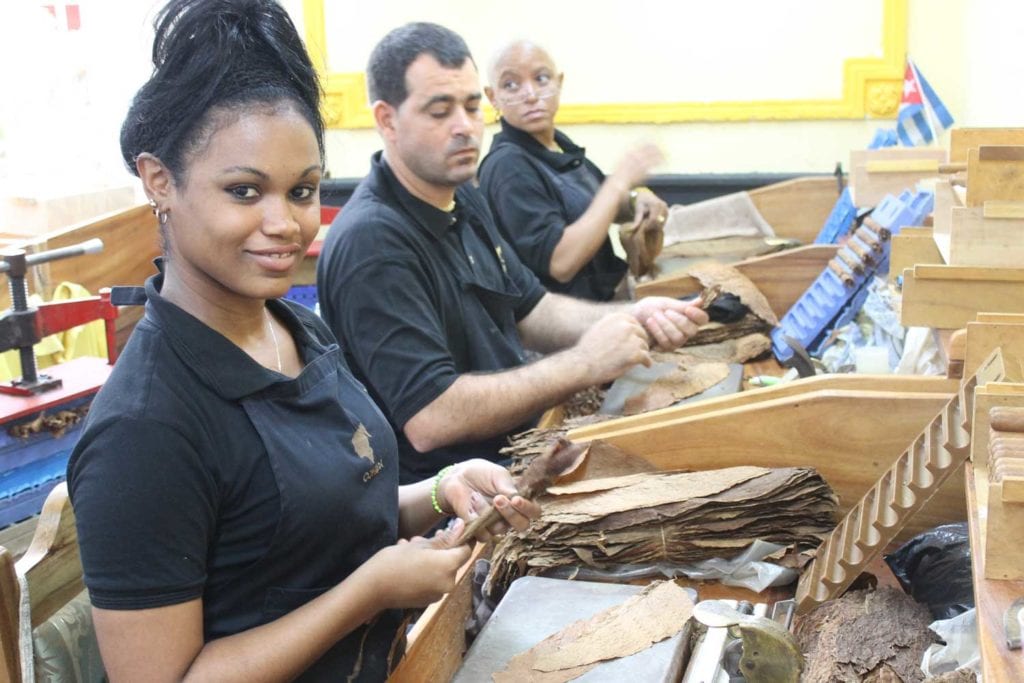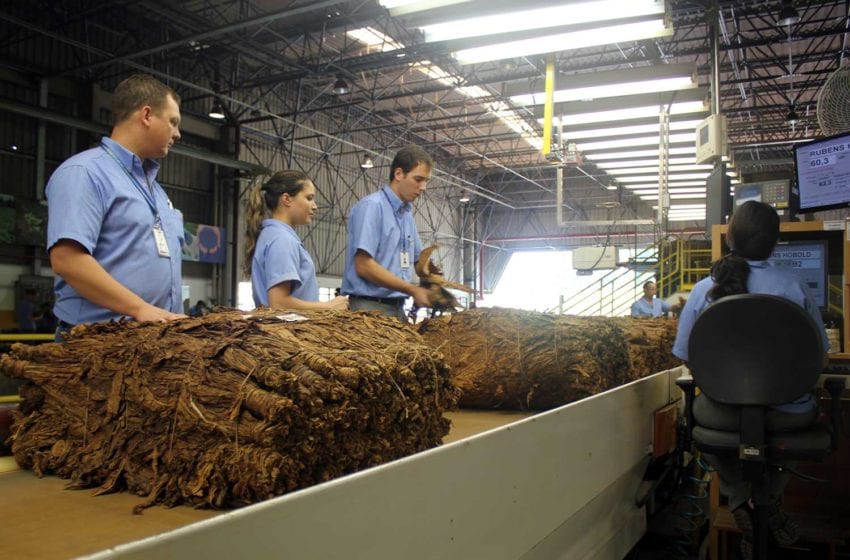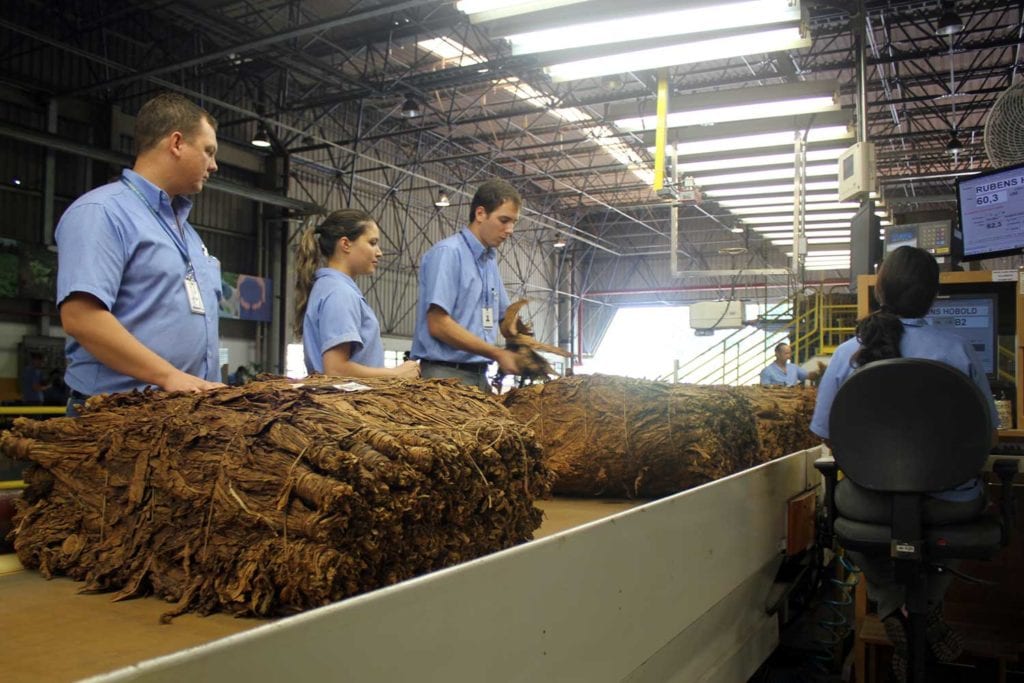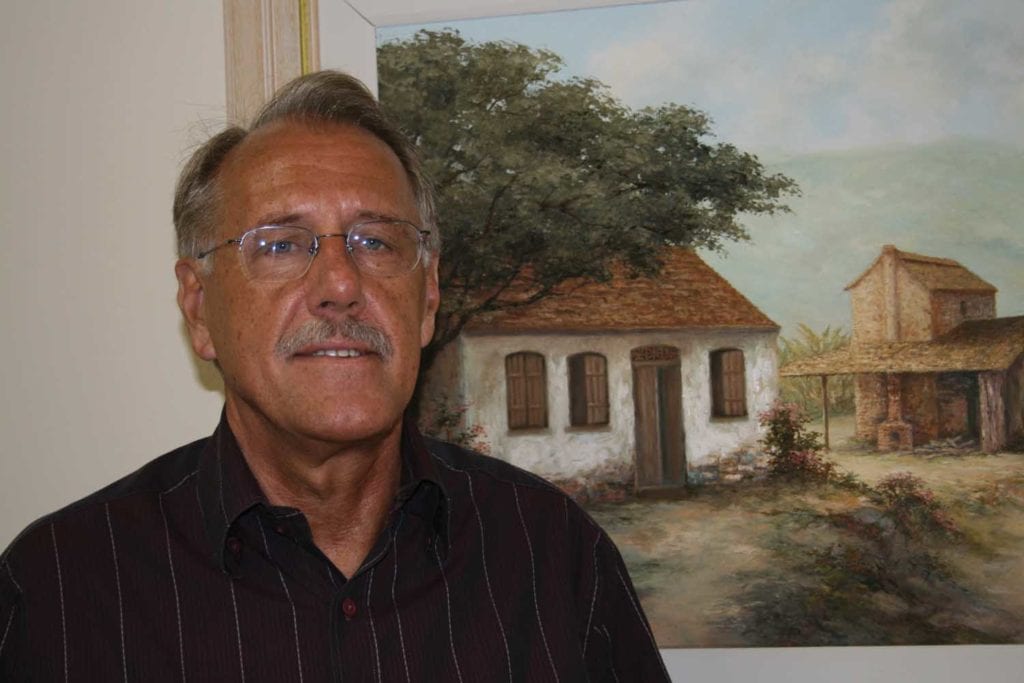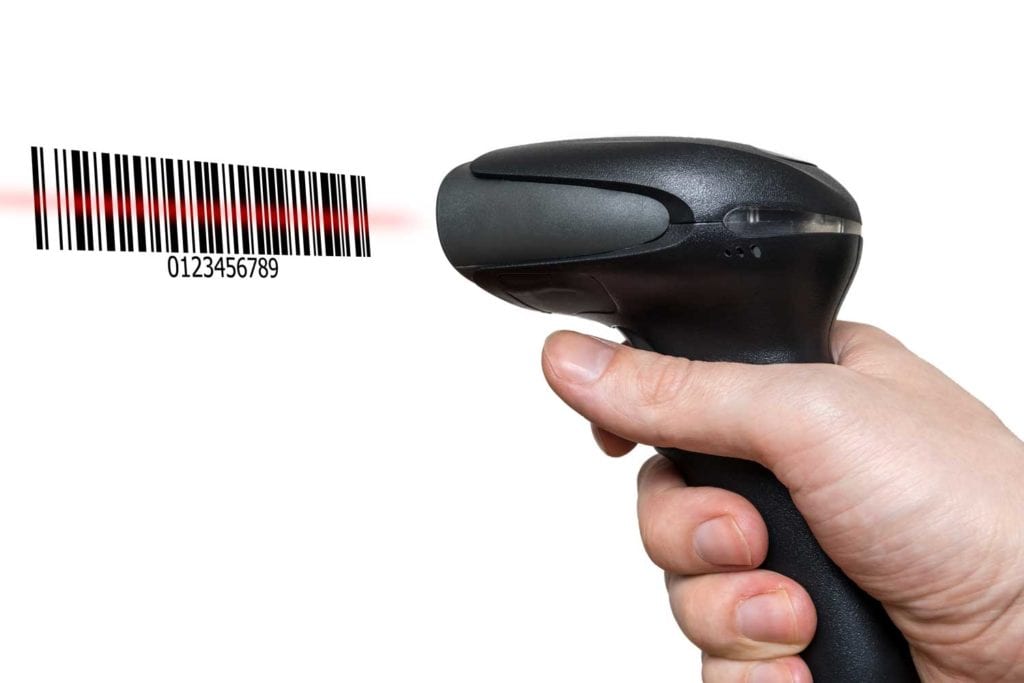
Her Majesty’s Revenue & Customs (HMRC) has introduced new checks on the codes that are given to tobacco retailers to ensure that they are registered properly for the U.K. track-and-trace system, reports Talking Retail.
Businesses throughout the tobacco supply chain have an economic operator ID code for their business and a facility ID code for each site. Over the next eight weeks, any codes that are not recognized by the track-and-trace system will generate a warning, allowing businesses time to investigate by logging any issues with the ID Issuer website.
After June 27, messages containing codes that fail the new checks will generate an error message. Retailers that receive an error message must take action to correct the error before continuing to move tobacco products through the supply chain.
“We have worked extensively with HMRC to support retailers with the implementation of the tobacco track-and-trace system since its introduction in 2019, and we hope that this is another step toward only legitimate businesses being involved in the tobacco supply chain,” ACS’ chief executive, James Lowman, was quoted as saying.
“We welcome the eight-week grace period, which should give businesses time to investigate any issues with their codes.”

